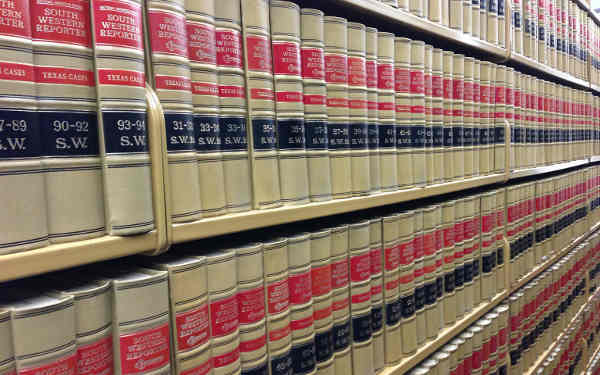Law Clerks-cum-Research Assistants are provided to all judges of Supreme Court to assist them in legal research. They are engaged on short term contractual basis of one year which may be extended sometimes. So far, law graduates only from the premier law institutes such as the National Law Universities were eligible to be engaged as law clerks. Law graduates from other law colleges considered it to be discrimination since they were not eligible irrespective of their merit. In fact, it was rather surprising that such discrimination was being practiced by the Apex Court of the country.

This discrimination was challenged by Ms. Phaguni Nilesh Lal, a law graduate (and a topper of her class) from the Army Institute of Law, Mohali, by filing a writ petition in Delhi High Court. A single judge bench of the high court (Justice Rajiv Shakdher), by order dated 16.12.2013, had held that the process of selecting law clerks followed by Supreme Court was unconstitutional and this process was struck down (read the full judgment here). Rightly so. However, the Supreme Court decided to file an appeal before the Division Bench of the high court. While this appeal was still pending, the Supreme Court has now (8 January 2015) revised the selection process. It has issued a “Revised Scheme for Engagement of Law Clerk-cum-Research Assistants on Short-term contractual assignment in the Supreme Court of India”. As per this revised scheme, all law graduates, irrespective of the law college or school from which they pass out, are now eligible for this short-term appointment, subject of course to other conditions that apply similarly to all such graduates. So, finally the discriminatory practice has been discontinued.
As per the revised scheme, the eligibility for being appointed as law clerk is now as under:
“6. Essential Qualifications:
(i) The candidate must be a law graduate (as on the date of appearing at interview) having a Bachelor Degree in Law (including Integrated Degree Course in Law) from any School/College/University/Institute established by law in India and recognized by the Bar Council of India for enrolment as an Advocate.
(ii) Candidate studying in the fifth year of the Five-Year Integrated Law Course will also be eligible to apply subject to furnishing proof of acquiring Law qualification at the time of interview/before taking up the assignment as Law Clerk-cum-Research Assistant.
(iii) The candidate must have knowledge of computer including retrieval of desired information from various search engines/processes such as Manupatra, SCC Online, LexisNexis, Westlaw etc.”
It is, thus, clear that law graduates from all recognized law schools / colleges / universities / institutes will now be eligible to be selected as law clerks to assist the judges of the Supreme Court, subject to other conditions.
As per the revised scheme, an advertisement will be published online in the month of January every year and the eligible candidates can make online application. A written test consisting of 150 marks will be conducted in 4 cities, namely, Delhi, Mumbai, Bengaluru and Kolkata. This test will have 150 multiple-choice questions of one mark each. There shall be negative marking and 0.25 marks shall be deducted for each incorrect answer. Minimum qualifying marks for the said Written Test has been prescribed as 60% in aggregate with minimum 50% marks for each of the two Sections. The written test will consist of the following two sections:
Section-I (50 marks): Questions relating to General English and General Aptitude/Awareness.
Section-II (100 marks): Questions relating to Indian Constitution, Indian Penal Code, Criminal Procedure Code, Civil Procedure Code and Indian Evidence Act etc.
Thereafter, a committee of judges will interview the eligible candidates. The number of candidates called for interview will not exceed three times the number of Law Clerks required. The interview shall be of 30 marks, with minimum passing marks requirement of 15 marks. Merit list will be prepared on the basis of the total marks obtained at written test and interview.
It is noteworthy that the law clerks will be appointed initially for a short-term of one year which may be extended further depending upon his performance.
The complete revised scheme can be seen here.

